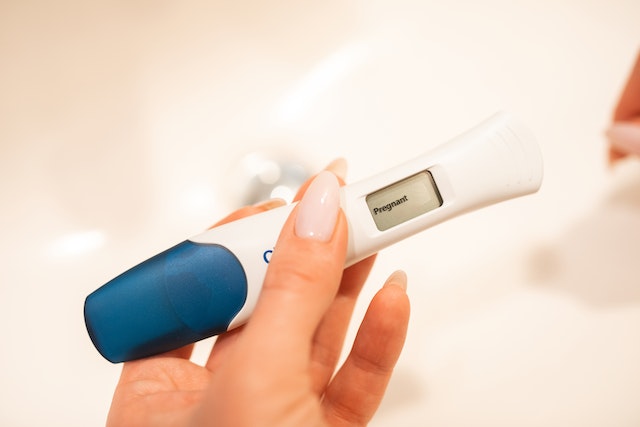Introduction:
As an experienced gynecologist with 40 years of practice, I have witnessed the transformative journey of pregnancy for countless women.
Prenatal care plays a crucial role in ensuring a healthy pregnancy and a positive outcome for both mother and baby.
In this article, we will explore the recommended prenatal tests and screenings, shedding light on their significance and what they involve.
By understanding these essential aspects, expectant mothers can actively participate in their prenatal care and make informed decisions for a smooth pregnancy experience.
First Trimester Screening:
Assessing Early Risks During the first trimester, specific tests are performed to assess the risk of chromosomal abnormalities in the fetus.
These tests often include:
Ultrasound:
A transvaginal or abdominal ultrasound helps determine gestational age, confirm the presence of a viable pregnancy, and assess the baby’s overall development.
Blood Tests:
Combined with the ultrasound, blood tests measure certain proteins and hormones, such as PAPP-A and hCG, to estimate the risk of chromosomal abnormalities, particularly Down syndrome.
Nuchal Translucency (NT) Scan:
Identifying Down Syndrome Risk Around 11 to 14 weeks of gestation, an NT scan is conducted to measure the fluid accumulation behind the baby’s neck.
This measurement, combined with the results from the first-trimester blood tests, helps estimate the risk of Down syndrome and other chromosomal conditions.
The NT scan involves a specialized ultrasound examination, and the results are used in conjunction with the blood test results to provide a more comprehensive risk assessment.
Quad Marker Screening:
Detecting Neural Tube Defects and Genetic Disorders Typically performed between weeks 15 and 20 of pregnancy, the quad marker screening (also known as the quadruple test) involves a blood test that measures the levels of four substances:
alpha-fetoprotein (AFP), human chorionic gonadotropin (hCG), estriol, and inhibin-A.
These markers help identify the risk of neural tube defects, such as spina bifida, as well as chromosomal abnormalities, including Down syndrome and trisomy 18.
Anatomy Ultrasound:
Detailed Assessment of Fetal Structures At around 18 to 20 weeks of pregnancy, an anatomy ultrasound is conducted to examine the baby’s anatomical structures in detail.
This comprehensive ultrasound assessment allows healthcare providers to evaluate the development of vital organs, detect any potential abnormalities, and confirm the baby’s gender, if desired.
Parents often cherish this ultrasound as they get a glimpse of their baby’s features and bond with their little one.
Glucose Screening Test:
Monitoring Gestational Diabetes Between weeks 24 and 28 of pregnancy, a glucose screening test is recommended to check for gestational diabetes—a temporary form of diabetes that can affect pregnant women.
This test involves consuming a glucose drink and having blood drawn afterward to measure the body’s response to sugar.
Timely detection and management of gestational diabetes are essential to prevent complications and ensure the well-being of both mother and baby.
Conclusion:
Prenatal tests and screenings are critical components of comprehensive prenatal care,allowing healthcare providers to assess the baby’s development, identify potential risks, and provide appropriate interventions.
As an experienced gynecologist with 40 years of practice, I emphasize the importance of regular prenatal visits and open communication with your healthcare provider.
By understanding the significance of these recommended tests and screenings, expectant mothers can actively participate in their pregnancy journey, ensuring the best possible outcome for themselves and their precious babies.
Remember, each pregnancy is unique, and individual circumstances may require additional tests or screenings.
Your healthcare provider will guide you through the process, answering any questions or concerns you may have.
Embrace this remarkable journey of pregnancy with confidence, knowing that modern medical advancements and comprehensive prenatal care are here to support you every step of the way.
![]()











